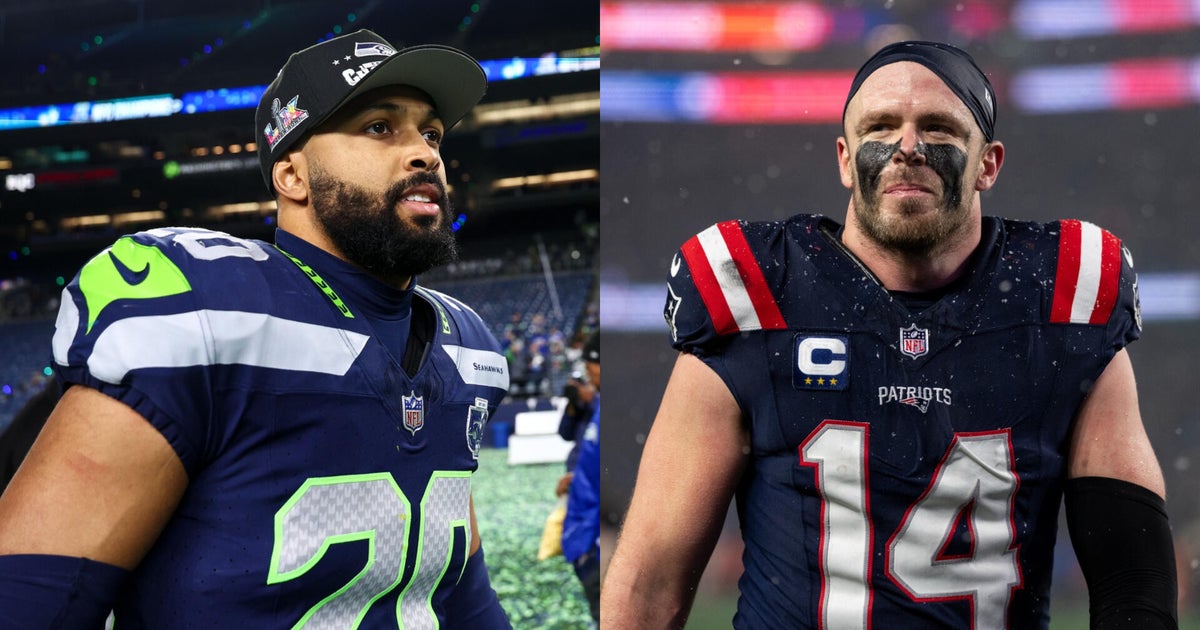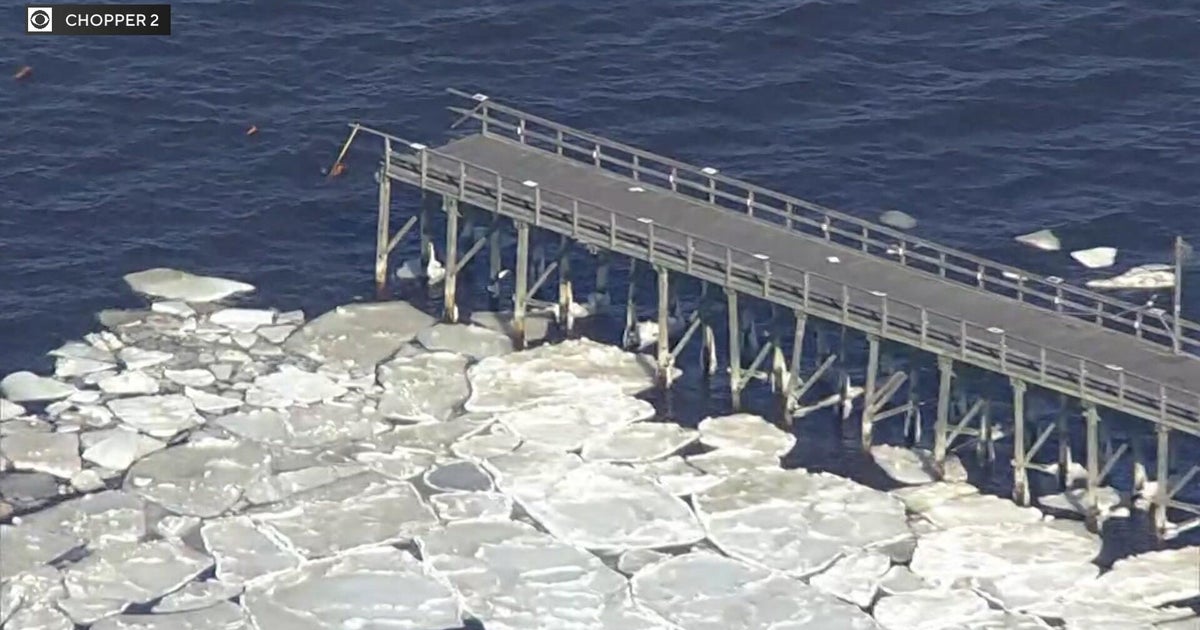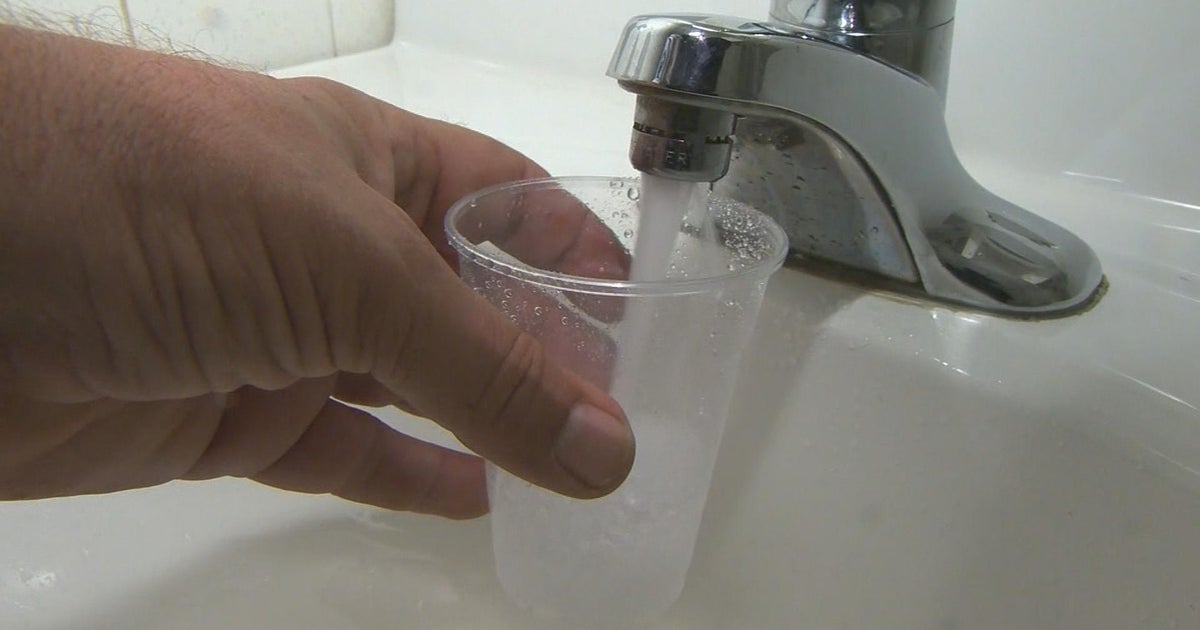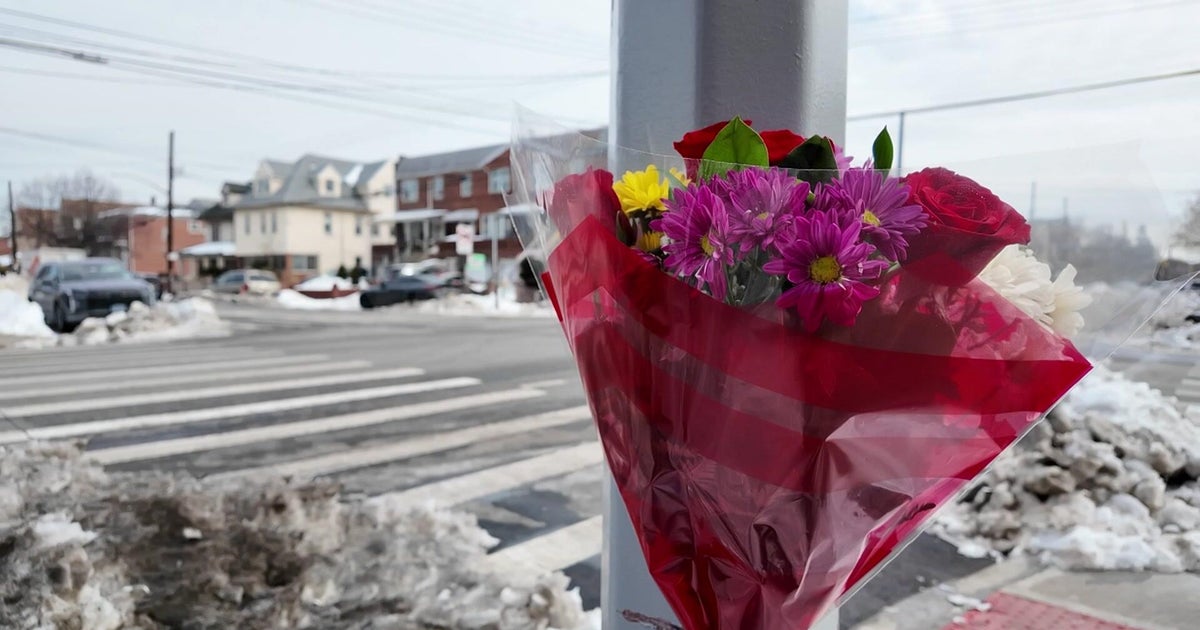How 2018 Became The Year To Go Strawless
by Wendy Widom
Chicago (CBS) -- 2018 will likely go down as the year that many Americans rethought their use of plastic drinking straws and became more aware of the negative impact one-use plastics have on the world's oceans.
How harmful are plastic drinking straws for the environment and what has caused Americans to reconsider using them?
According to Jaclyn Wegner, Director of Conservation Action at Chicago's Shedd Aquarium, straws are among the top 10 items collected through Ocean Conservancy beach cleanups. It is estimated that there will be more plastic than fish (by weight) in the world's oceans by 2050.
About 22 million pounds of plastic flow into the Great Lakes each year, according to Wegner. Animals like birds and fish can easily ingest harmful plastic debris.
While celebrity environmentalists such as Adrian Grenier have been speaking up about single-use plastics for years, the notion of going strawless hit a cultural tipping point over the past year.
In 2017, Grenier's Lonely Whale Foundation launched the Strawless Ocean initiative, "a collaborative initiative of over 40 leading NGOs committed to permanently removing single-use plastic straws from global markets." The campaign, under the hashtag #StopSucking, challenges public figures to forgo straws.
Accepting Granier's challenge, actress Ellen Pompeo posted a video for her 5.3 million followers on Instagram in August of 2017, vowing to "never suck again."
Forbes reported that in January of 2018, Martha Stewart Living magazine recommended avoiding single-use plastics, including plastic drinking straws, for the monthly #ChangeTheDay campaign.
"Consider a full-sized, intact, straw. There are only so many animals that would be able to ingest it because of its size," Nicholas Mallos, program director for Trash Free Seas at the Ocean Conservancy, told Martha Stewart Living magazine. "But as this straw begins to break down into say, 500 smaller pieces, the number of animals that can mistakenly ingest plastic gets higher and higher. This is how plastic first enters the food chain. And we, as humans, are at the top."
In July of 2018, Seattle announced it would be the first major U.S. city to ban single-use plastic straws and utensils. According to CBS News, the city's 5,000 restaurants will now have to use reusable or compostable utensils, straws and cocktail picks, though the city is encouraging businesses to consider not providing straws altogether or switch to paper rather than compostable plastic straws.
"It's taking a stand on plastic pollution," Kate Melges, who works at the environmental organization Greenpeace, told KIRO-TV. "And really taking a stand on what needs to happen, a ban on all single-use plastic products."
Starbucks, whose headquarters is in Seattle, quickly followed suit, becoming the nation's largest food and beverage company to ban the straws, according to CBS DFW.
We're removing plastic straws in our stores globally by 2020—reducing more than 1 billion plastic straws per year from our stores.
— Starbucks Coffee (@Starbucks) July 9, 2018
The trend has hit another coffee establishment, Intelligentsia. The company removed straws from its stores on July 15, according to Eater.
Ashlee Piper, eco-lifestyle expert and author of "Give a Sh*t: Do Good. Live Better. Save the Planet," told CBS 2 that while she applauds efforts to phase out plastic drinking straws, she points out that straws are not the biggest source of ocean pollution.
"Straws are not the biggest problem we have. Plastic water bottles are the biggest problem we have." Piper adds that plastic fishing nets are also a major source of ocean pollution.
"I'm not anti-straw," she said, especially if it becomes a gateway to getting more people involved in efforts to protect the environment. But she also contends that straws are the "subject du jour" and banning straws could pose challenges for certain communities, particularly for those who are "differently-abled."







